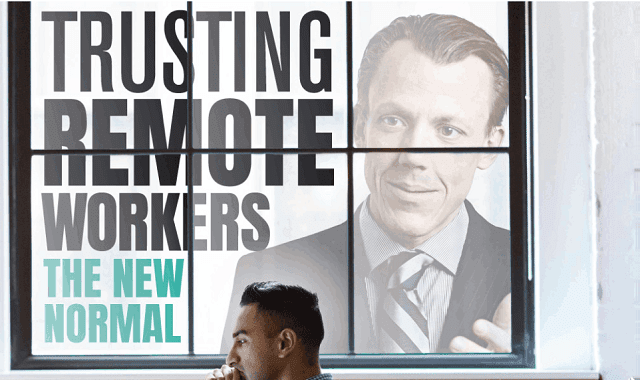Since 2019, 1 in 10 Americans worked from home at least once weekly, and the numbers continue to rise. When workers compared virtual work to its traditional office counterpart, a ninety-one percent experienced a better work-life balance, seventy-nine percent increased their productivity and focus, and seventy-eight percent felt reduced stress.
Those who don't work remotely think highly of the opportunities, as well. Seventy-eight percent of Americans feel they will be healthier working from home, and fifty-three percent believe that working from home will have a positive impact on their life.
With that being said, what is driving the happiness remote work brings employees? Studies from Harvard Business Review have found a connection between allowing workers greater autonomy and enhanced productivity. However, over half of CEOS feel their business' growth is threatened by a lack of internal trust. What can be done? For detailed solutions on trusting remote workers, continue reading below

Infographic by: www.online-psychology-degrees.org
Those who don't work remotely think highly of the opportunities, as well. Seventy-eight percent of Americans feel they will be healthier working from home, and fifty-three percent believe that working from home will have a positive impact on their life.
With that being said, what is driving the happiness remote work brings employees? Studies from Harvard Business Review have found a connection between allowing workers greater autonomy and enhanced productivity. However, over half of CEOS feel their business' growth is threatened by a lack of internal trust. What can be done? For detailed solutions on trusting remote workers, continue reading below

Infographic by: www.online-psychology-degrees.org

